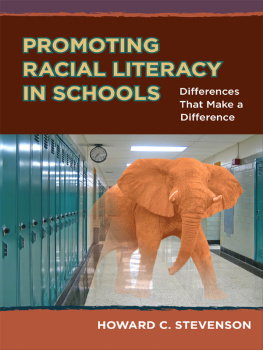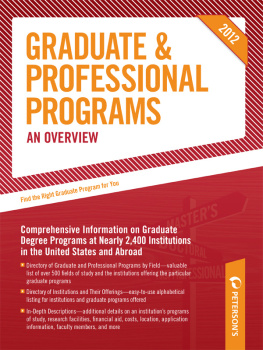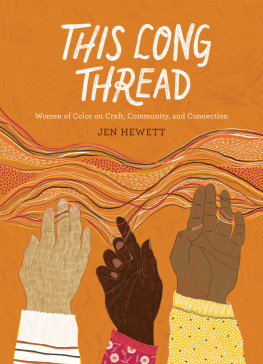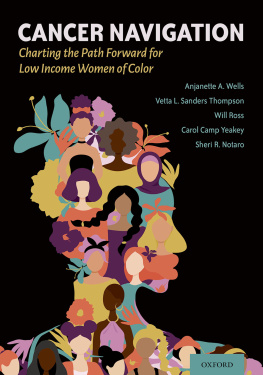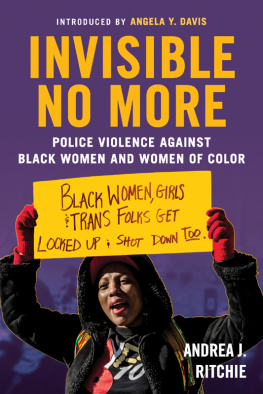Foreword
Karen J. Leong
Since this project began in 2014, numerous student demonstrations at public and private colleges and universities have demanded the hires of male and female faculty from underrepresented groups, particularly African American but also Native American and Alaskan Native and Latinx. Meeting these demands also requires successfully recruiting and retaining racially diverse graduate students.
Enrollment data demonstrate that the pipeline has greater numbers of nonwhite graduate students, but these numbers may not be translating to tenure-track faculty hires. Indigenous women and women of color (IWWOC) graduate students who identify as Hispanic/Latina, American Indian/Alaskan Native, Asian, Black/African American, Native Hawaiian/Other Pacific Islander, and Two or More Races Thus, structural changes driving the casualization of academic labor have further entrenched existing hierarchies of gender and race.
These hierarchies continue to negatively and differentially affect women of color in graduate school. IWWOC undergraduates and faculty are all too familiar with specific racial and gendered microaggressions, which render women of color hypervisibly different but intellectually invisible, and the devaluation of family responsibilities and community obligations.
Such challenges for scholars of color in graduate school have been documented. Research from at least the past two decades reveals how a hidden curriculum in graduate training maintains the status quo of what knowledge is valid and who is legitimized as a knowledge producer.
A roundtable addressing how these broader issues affect IWWOC graduate students took place at the 2015 National Women's Studies Association national meeting. Experiences of Women of Color in WGSS Graduate Programs: An Open Discussion featured Sierra Austin, Krista Benson, Denise Delgado, Tay Glover, all enrolled in The Ohio State University's program, along with alumna Dr. Kimberly McKee. The frank discussion by these women of color, and a white woman who identified as an ally, about their experiences in OSU's Women's, Gender and Sexuality Program presented a stark contrast to other roundtables organized by and featuring faculty discussing the future of graduate education in the field. The students shared how they sought to bridge the demands of family and communitywho may be unfamiliar with academia's idiosyncrasieswith those of their graduate program, as well as the code-switching required when acculturating oneself to certain, classed ways of interacting and performing in the academy. As the panelists made clear, indigenous women, women of color, and first-generation women graduate students in the academy face unique challenges based on their intersectional locations and the ongoing hidden curriculum of graduate training in academia.
This roundtable was organized by Dr. Kimberly D. McKee, a new assistant professor in the Liberal Studies Department at Grand Valley State University and Dr. Denise A. Delgado, then a doctoral candidate. Kim and Denise and their cohort of IWWOC and allies were aware of how intersections of racism, sexism, classism, ableism, and heterosexism could work together to limit opportunities and support for IWWOC junior scholars in academia. Their own experiences convinced them of the need to openly address the challenges IWWOC face as graduate students. The response to these honest discussions and calls for participation indicate a deep-seated, ongoing need for IWWOC junior scholars to collectively name and challenge the structural barriers they face in academia.
Kim, Denise, and their colleagues efforts to create a larger, sustained conversation about the systemic violence and neglectthe simultaneous hypervisibility and invisibilitythat IWWOC graduate students currently experience in institutions of higher education resulted in additional This manuscript, completed after Denise successfully defended her dissertation and chose not to pursue a faculty career, also is the outcome of conversations that began among women of color graduate students at the Ohio State University and grew to include other IWWOC graduate students and junior faculty across multiple fields and institutions. It is appropriate that this anthology was helmed by two successful women of color scholars who are pursuing diverse careers, because completing graduate school can support career paths both in and beyond the academy.
Denise and Kim shared with me their ideas for this collection and invited me to write this foreword in Fall 2014. As coeditors, Denise explained that she and Kim envisioned a collection that would center the lived realities of graduate women of colorand serve as a tool of women of color doctoral and masters students as well as of their peers contemplating entering the academy. They sought personal narratives from junior scholars that highlighted their experiences in graduate school, with special attention to the class issues that often coincide with women of color entering the academy, and the struggles faced by first generation students.
Kim and Denise assembled narratives from the sciences, professional schools, education, and social sciences that have been missing from the conversation about IWWOC graduate student experiences. As Dian D. Squire and Kristin McCann observe, there is limited research on the experiences of [women of color] doctoral students specifically, and no literature to date specifically examines women of color with critical worldviews. The editors include the voices of Asian American women (often excluded because Asian Americans are overrepresented in terms of national population, even though marginalized in academia as women of color), Native Americans (often not even visible in quantitative studies about higher education because their numbers are so small), Arab women, and multiracial women, as well as specific narratives that address navigating motherhood or transnational distinctions for certain fields. The practical strategies provided in this collection will assist future IWWOC graduate students as well as other students marginalized due to various social factors, specific departmental cultures, and institutional climates.
The most valuable contribution of this book for IWWOC junior scholars may be the knowledge that what they are experiencing has been survived by others before them. The authors in this volume soundly reject the deficit mentality that equates different skills and knowledge as being unprepared or not good enough. Some share how they reframed internalized feelings of inadequacy to understanding the imposter syndrome as symptomatic of the problems with academia itself. This book provides the opportunity for IWWOC across multiple professional and graduate degree programs to share with each other what is unique to their personal circumstances and disciplinary contexts, while also building coalitions to demand institutional change and accountability on the part of universities, units, and faculty. Five years in the making, this collection is a labor of love, an affirmation of collectivism and community, and a promise for the ongoing survival of indigenous women and women of color in the academy.


